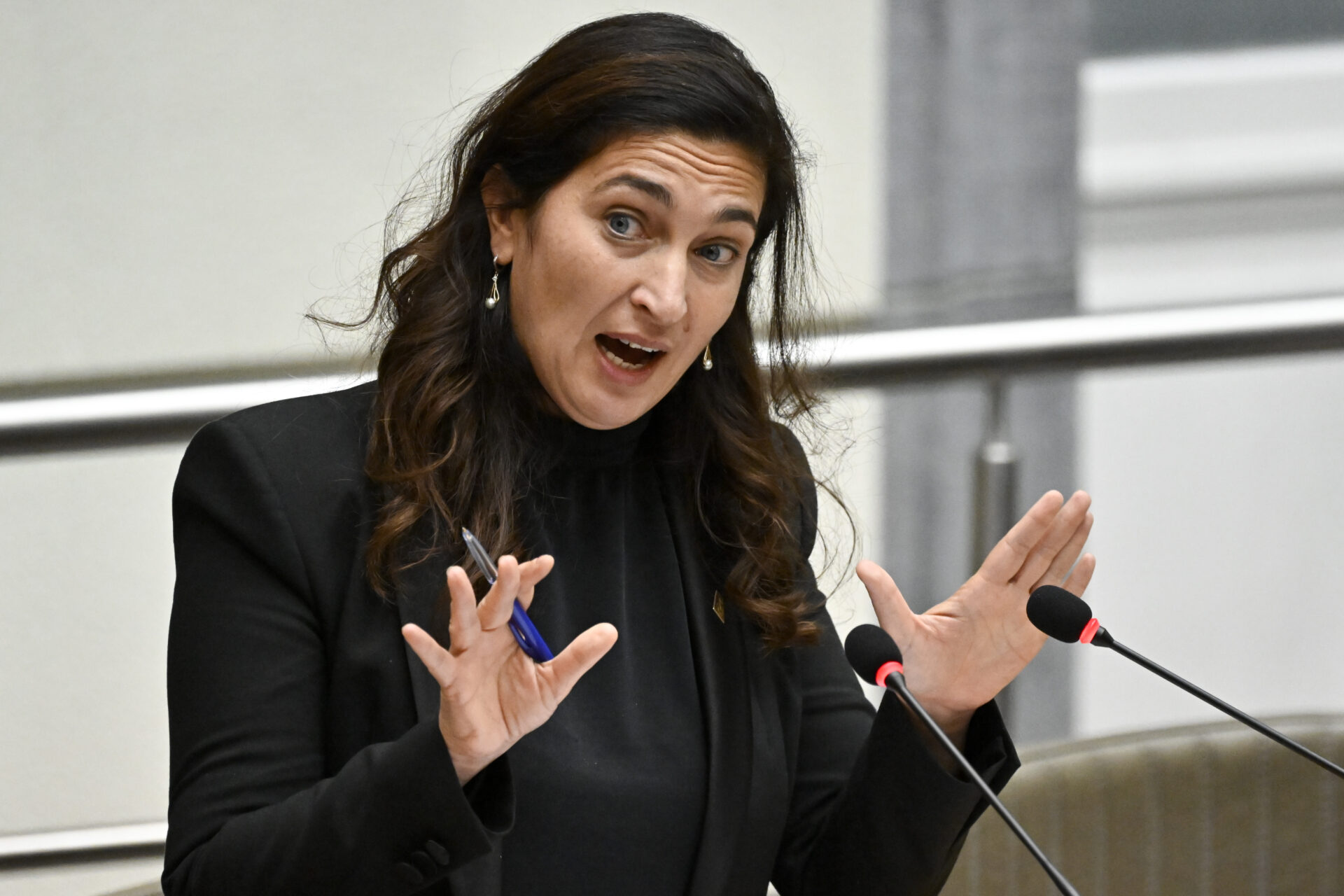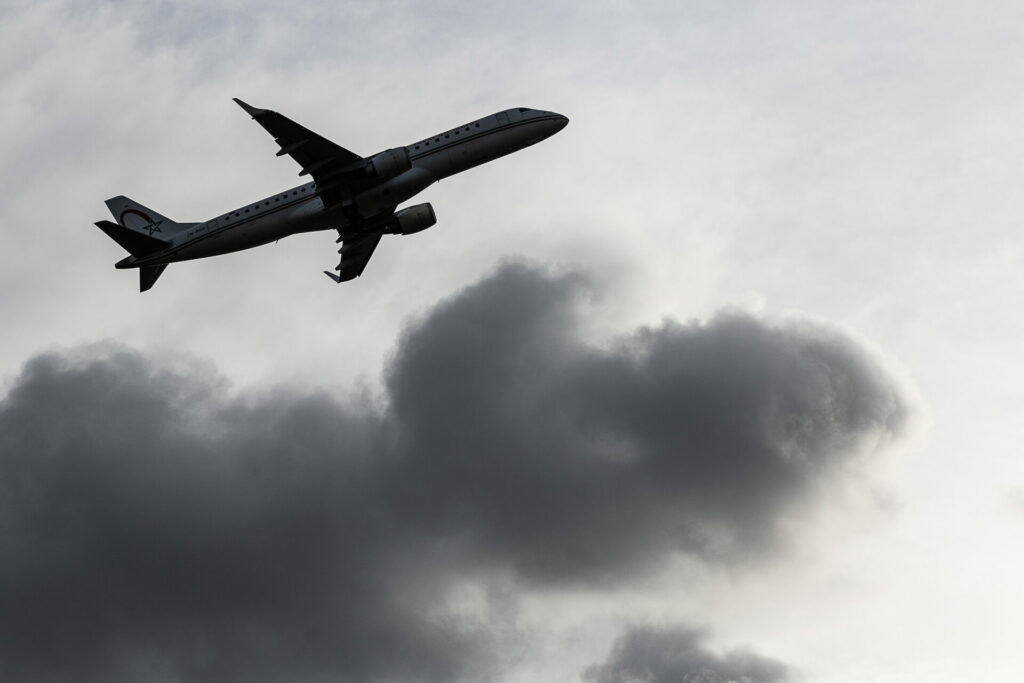Despite outcry from local residents and environmental campaigns, Flemish Environment Minister Zuhal Demir (N-VA) has issued a permanent environmental permit for the Brussels Airport Company (BAC) in Zaventem.
Demir says the permit ensures a "balance between economic interests and liveability". There will be a limit of 240,000 flights a year from 2032, which leaves space for a 13% increase from the current 212,000 annual flights.
Critics of the airport's harmful effect on the environment and on public health had called for a de facto ban on night flights, something that Demir has not accommodated. However, the Minister says that "quiet weekend nights" will help to mitigate local residents' concerns.
"Zaventem airport is a major growth engine in our country and can continue to be so thanks to this environmental permit," the Minister stated. "There are 64,000 people working directly and indirectly in the airport. We are not going to curtail the purchasing power of all these families and the creation of prosperity for Flanders, although we do demand more [environmental] efforts from the sector."
Mobility Minister Georges Gilkinet (Écolo) had supported the night flight ban and Demir's announcement emphasised her disapproval of this proposal. "Gilkinet openly advocated a ban on night flights: the de facto loss of 1,600 jobs. I reject that unrealistic demand."
€1 billion a year in health damage
A study published last summer underlined Brussels Airport's harmful effects on public health gave weight to the concerns voiced repeatedly by people living nearby. The report, conducted by the Flemish Association for a Better Environment (BBL), showed that 220,000 people living in the area are severely disrupted by aircraft noise every year, while the sleep of 109,000 people is seriously impacted.
Excessive noise at night-time pushes the body into fight-or-flight mode which in turn reduces immunity against infections and cancer, causes slower recovery from illness, and increases the risk of high blood pressure, a faster heart rate and the release of stress hormones. Mental health and memory can also be affected.
The cost of this health damage reportedly amounts to more than €1 billion annually or €36,000 per night flight. However, BBL argued that this is "still an underestimate," as it does not include medication costs and hospitalisation.

Flemish Minister of Environment, Energy, Tourism and Justice Zuhal Demir (N-VA). Credit: Belga/ Dirk Waem
Demir's permit takes this noise pollution into account by aiming to reduce the number of people affected by night-time activity by 30% with the installation of "noise protection material" within four years. A separate zone for test flights must also be set up.
In addition, the noisiest aircrafts will no longer be permitted to take off between 23:00 and 07:00 from summer 2025.
'Quality of life is the loser'
Resident groups have reacted to Demir's permit with disappointment, particularly regarding the failure to do away with night flights.
"Study after study shows that [noise pollution] has a major impact on people's quality of life," said mayor of Wemmel and chairman of Platform Luchthavenregio Walter Vansteenkiste. He also expressed regret at the 13% growth objective, saying that he had hoped for some kind of "standstill" in light of the problems generated by the airport.
"The airport operator and the economy are the big winners from the permit," Vansteenkiste concludes. "The quality of life and health of citizens are the losers."
Brussels Environment Minister Alain Maron (Écolo) is equally disapproving of the permit. His cabinet had endorsed the ban on night flights as well as an overall reduction in activity.
"The Flemish Government is sacrificing the well-being and health of tens of thousands of people living near the airport in favour of the airport's short-term interests and an unbalanced, outdated vision of economic development," the Minister stated.

